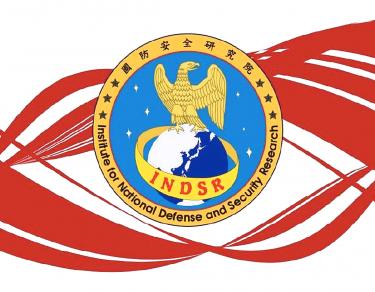China is destabilizing the Indo-Pacific region, US Secretary of Defense Mark Esper said yesterday, accusing Beijing of predatory economics, intellectual property theft and “weaponizing the global commons.”
|
|||
|
|
|||
| Page 451 of 1528 |
Newsflash
Independence activists yesterday said President Ma Ying-jeou (馬英九) had disqualified himself as a national leader following his controversial remark that Taiwan “will never ask the Americans to fight for Taiwan in a war.” The Taiwan Nation Alliance and Taiwan National Security Institute issued a joint statement, in Chinese and English, denouncing Ma for seriously compromising Taiwan's security and discrediting himself as Taiwan's head of state. |













